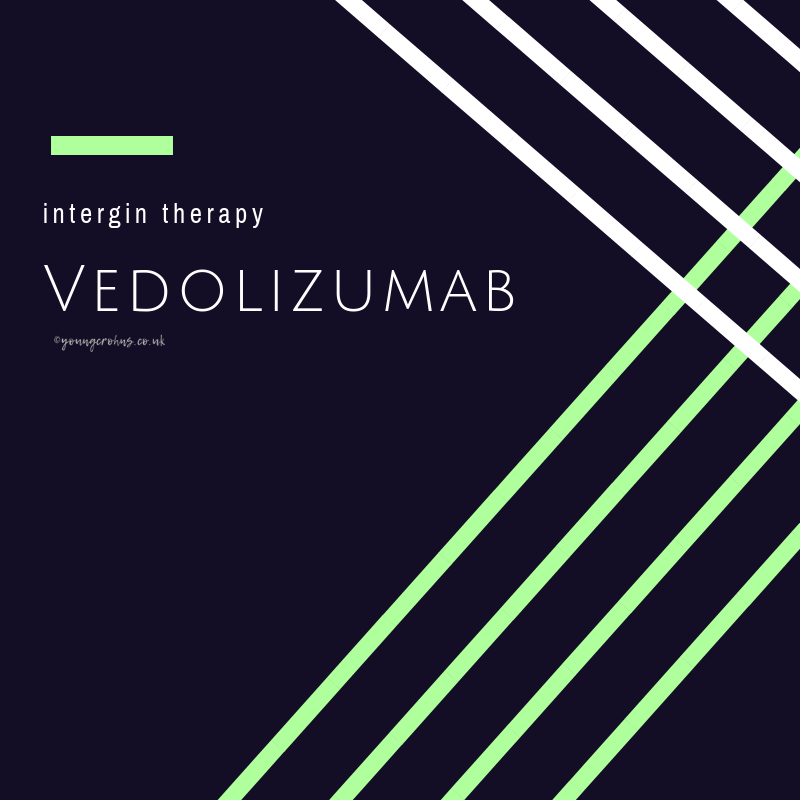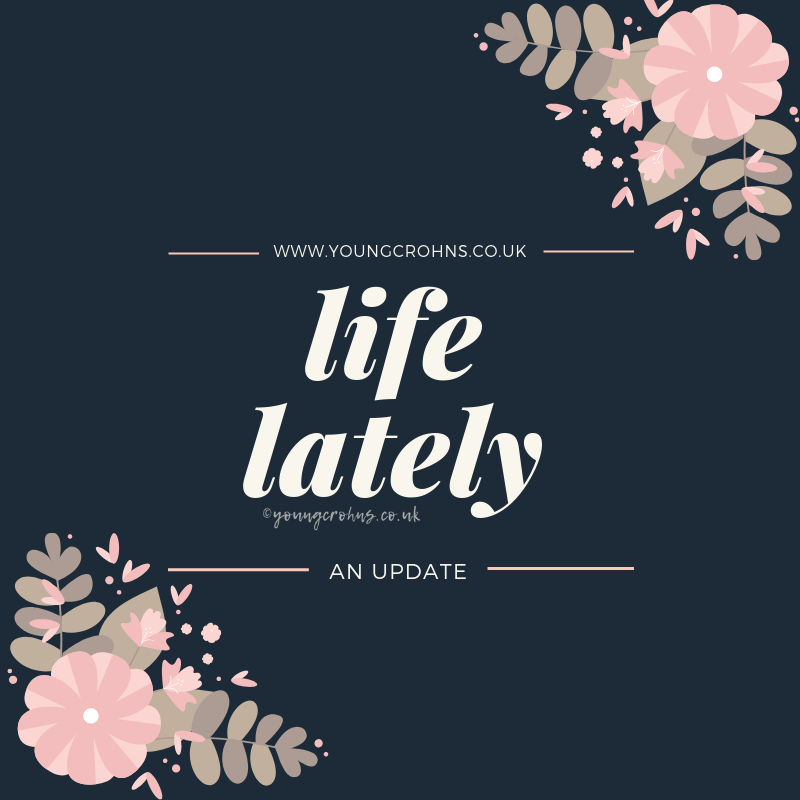
“Is it tough taking lots of medications?”
The one thing I really struggled to grasp was just how much medication I could end up taking for my IBD.
It’s early morning on the ward and the formidable drugs trolley is making its rounds. When it gets to me, I’m surprised to get two small pots of medications. Inside is a plethora of tablets for me to take. All of which have a very individual job to do. I stare down at them in shock. I’ve never been sick before I was diagnosed, I was not accustomed to medications, of taking tablets, of any of this really. How exactly was I going to take them? How could I take so many? Was this what life was going to become, a barrage of daily medications? I was scared. I was worried, I was panicking. Life was forever changed.
Now, worrying about taking tablets and having daily medications is not even on my radar anymore. I sort of just get on with them. Yes, some days are more difficult than others but I do take them. But how did we get here, when I was so afraid and apprehensive upon diagnosis and my first admission?
NB: None of what I am going to share here is medical advice. When I refer to medication, I will try to be as non-specific as possible to avoid triggering anyone or this post leaning towards any particular medication advice. What I have taken during these last ten years for both my IBD and other health conditions has been issued, controlled and reviewed by my own medical team and is specific to me. Please bear that in mind.
Medications through the years
As my IBD story explains, I have tried a lot of medications in the decade I’ve had Crohn’s disease.
I can’t quite always remember how many tablets I was taking at a given time but I can give a rough guestimation:
- A typical course of steriods would be 40mg daily for a week, tappering off my 5mg per week. This would be eight daily tablets down to use one by the end of two months.
- My time on 5 ASAs and immunosupprsant oral medication was short lived but would be at least one daily tablet of each.
- MXT would be weekly but with a 3 times a week folic acid, that was for about 5-6 months.
- Away from IBD medication, I’ve had countless courses of antiboitics, for a variety of different reasons. Ranging from 3 or 4 times a day courses, for 1-4 weeks at a time. And they aren’t exactly small tablets either!
- In addition to that, I’ve had treatment for PCOS & GAD which vary in medication regimes, adding a couple more tablets into my daily routine.
- Not forgetting my diagnosis of type two diabetes last year (March 2020), I now take two daily medications for that too.
On top of this, there has been pain relief.
And that was always the hardest pill (lol) to swallow. Between becoming quite dependent on codeine after my bowel resection in 2015 and then build-up to the removal of my rectal stump in 2019, I’ve had various levels of pain relief over the years. Below is an example of the variation I’ve experienced:

my daily medication plus pain relief. 
My daily medication two weeks later.
This period was of course, quite tough, I was recovering from my proctectomy. But within a month of it being completed, I was off all of my ‘regular’ pain relief. I was taking a combination of paracetamol, amitriptyline and gabapentin four times a day. It was just about covering me at that time. I’m very grateful because coming off the pain relief was not a guaranteed outcome of that surgery.
What do I typically take nowadays?
I only really take oral medication for my mental health and diabetes. I do now – very recently, within the last month or so – take Vitamin D as per the guidance for Winter health care, more of which can be found out here. This is a total of six tablets a day. This is nothing compared to the courses of antibiotics and steroids I have taken in the past.
IMAGE OF CURRENT MEDS IN HAND!
How to get better at taking lots of medications
Taking your medication with regularity is a key part of IBD treatment. Consistency ensures that any relapses or flare-ups are as rare as possible, so you can keep enjoying your life to the fullest.
Ampersand Health, creators of the MyIBDCare app suggest “using a medication tracker with reminders is useful for those with IBD because often people will start forgetting to take their medication when they are feeling better. However, medications can only continue to do their good work if taken regularly.” They add, “maintenance therapy (continuing to take your medication when you feel well) reduces the chance of flare-ups and the development of more severe symptoms. This is why it’s so important to find a way to ensure you are taking the correct doses of the right medications, with regularity, so you don’t have to experience discomfort unnecessarily.” You can read more about their app can help you achieve your day to day routine with IBD here.
I’ve found having a pill ‘caddy’ really helpful too; so that I plan out what medications I need to take each day for the whole week. It also makes it easier to determine when I need to reorder my medications from my GP, ahead of running out. It only gets a little more complex when you add in a week or two worth of antibiotics!
With regards to actually taking medication, I’ve gotten into a routine of taking them with something other than water, yes, I’m going against the information leaflet from the get-go! I take mine with a smoothie – which means taking bigger tablets (think antibiotic size) are easier to get down your throat and tablets without a coating don’t end up making your mouth taste awful. I do also drink plenty of water afterwards, I don’t completely ignore the instructions! But I’ve found this way really helpful when I have to take a steroid course or antibiotic course because of the high volume of tablets at any given time.
I make a point of taking them after food, most of the time, breakfast so that I don’t end up feeling worse when they are on an empty stomach. I also don’t take my tablets if I have a first thing surgery or procedure, even though I can. Being nil by mouth + taking tablets is worse than missing them in the morning and taking them in the evening.

Until next time,

Do you have any questions or queries? Or just want to share your own experiences? You can leave me a reply here or leave comments via my social media accounts – on Twitter, find my blog page on Facebook and over on Instagram
If you enjoyed this post check out Side Effects of Medications: When to Call it Quits and Life Lately: Vedolizumab Side Effects



